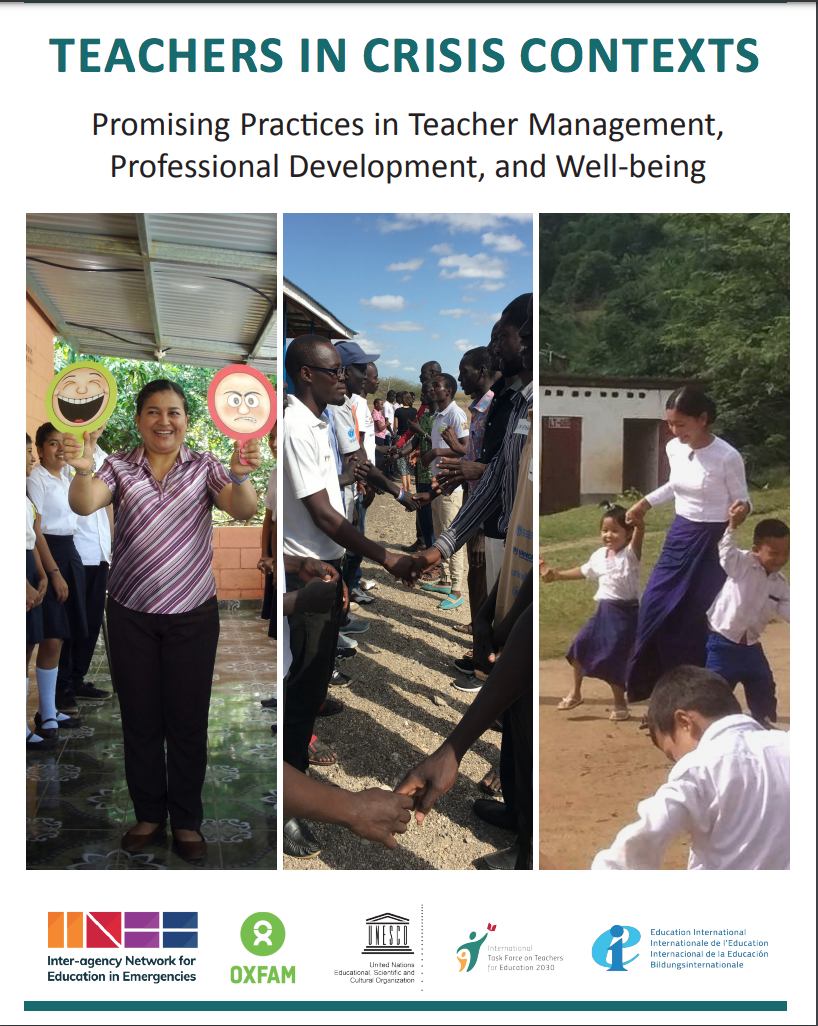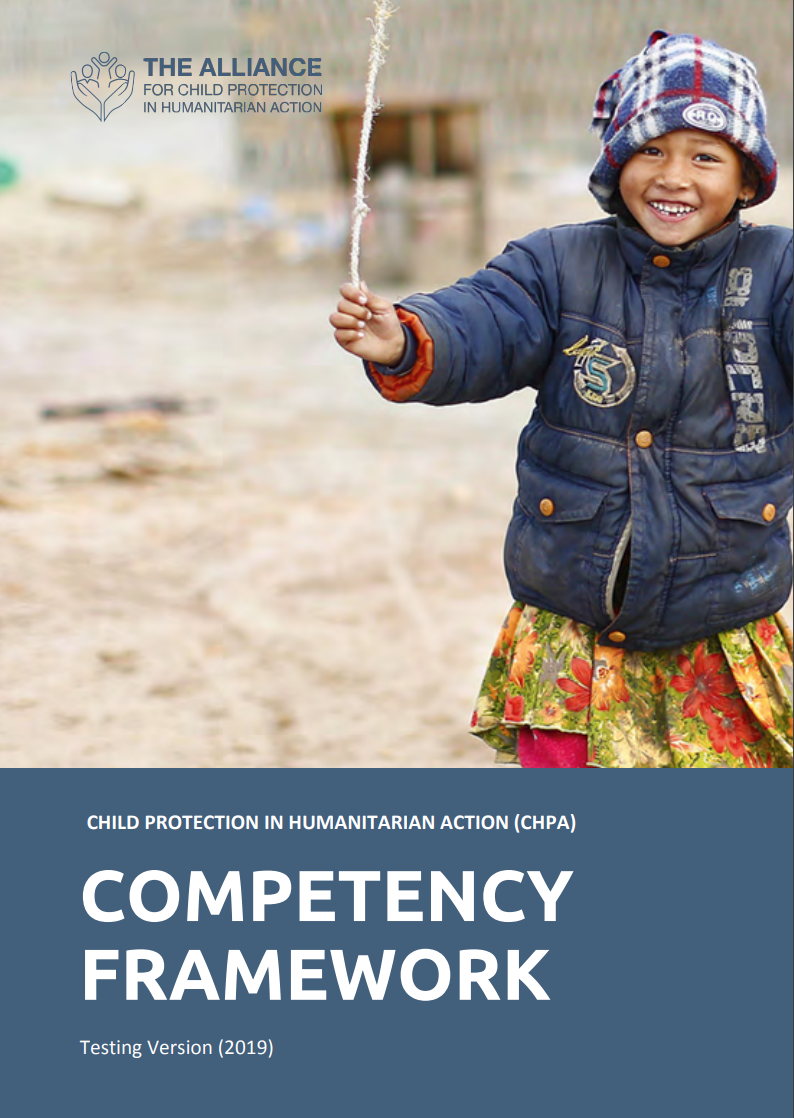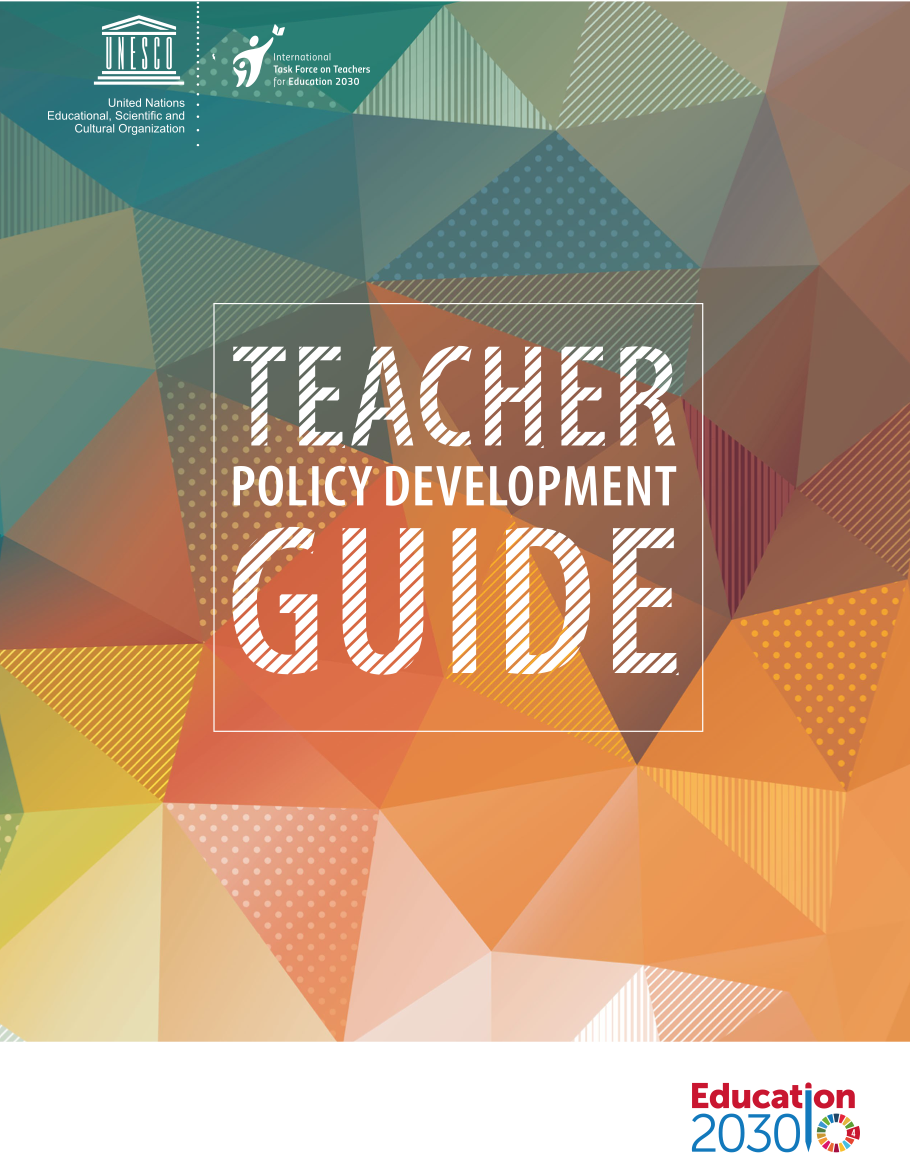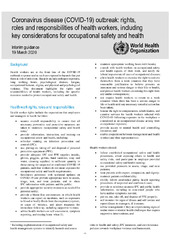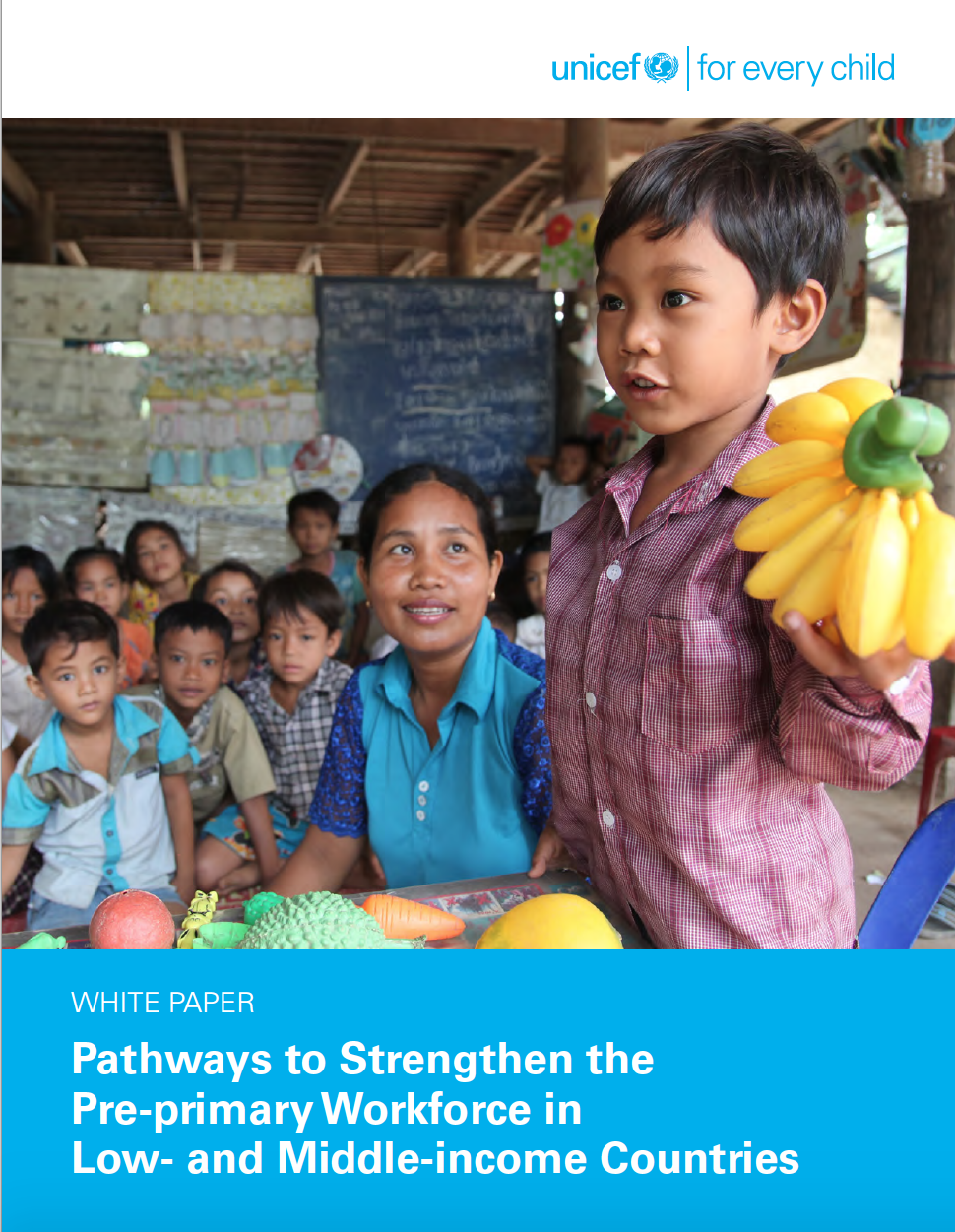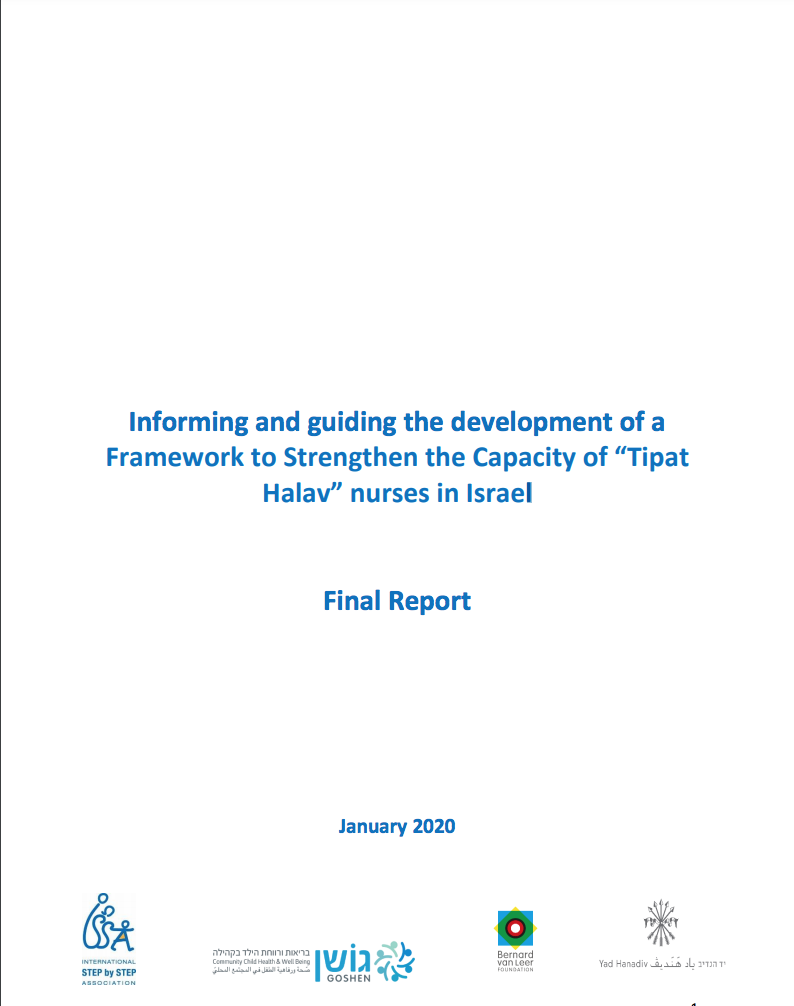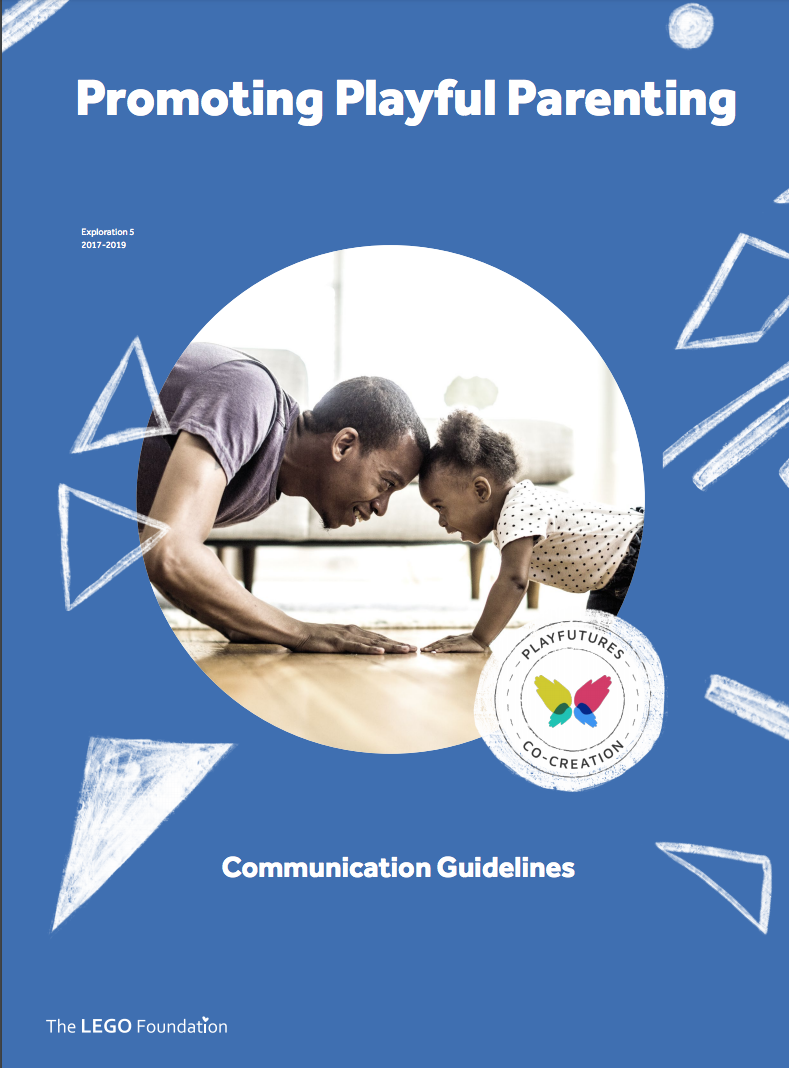The State of Preschool 2019. State of Preschool Yearbook

The COVID-19 virus has created considerable uncertainty about the remainder of this school year, the next school year, and beyond. Federal, state, and local government responses should be informed by understanding current policies and their history, including the effects of the last major economic crisis, the Great Recession, on America’s state-funded preschool programs.
The 17th edition of The State of Preschool, the National Institute for Early Education Research’s (NIEER) report on the annual survey of state preschool policies, provides government policymakers valuable information for planning short- and long-term responses to the crisis. The report includes information for every state on child enrollment, resources (including staffing and funding), and quality standards. It also provides information on where children are served, operating schedules, and other program features relevant to planning the education of children in a post-COVID-19 world.
National Institute for Early Education Research
Year of Publication:2020
nieer.org

